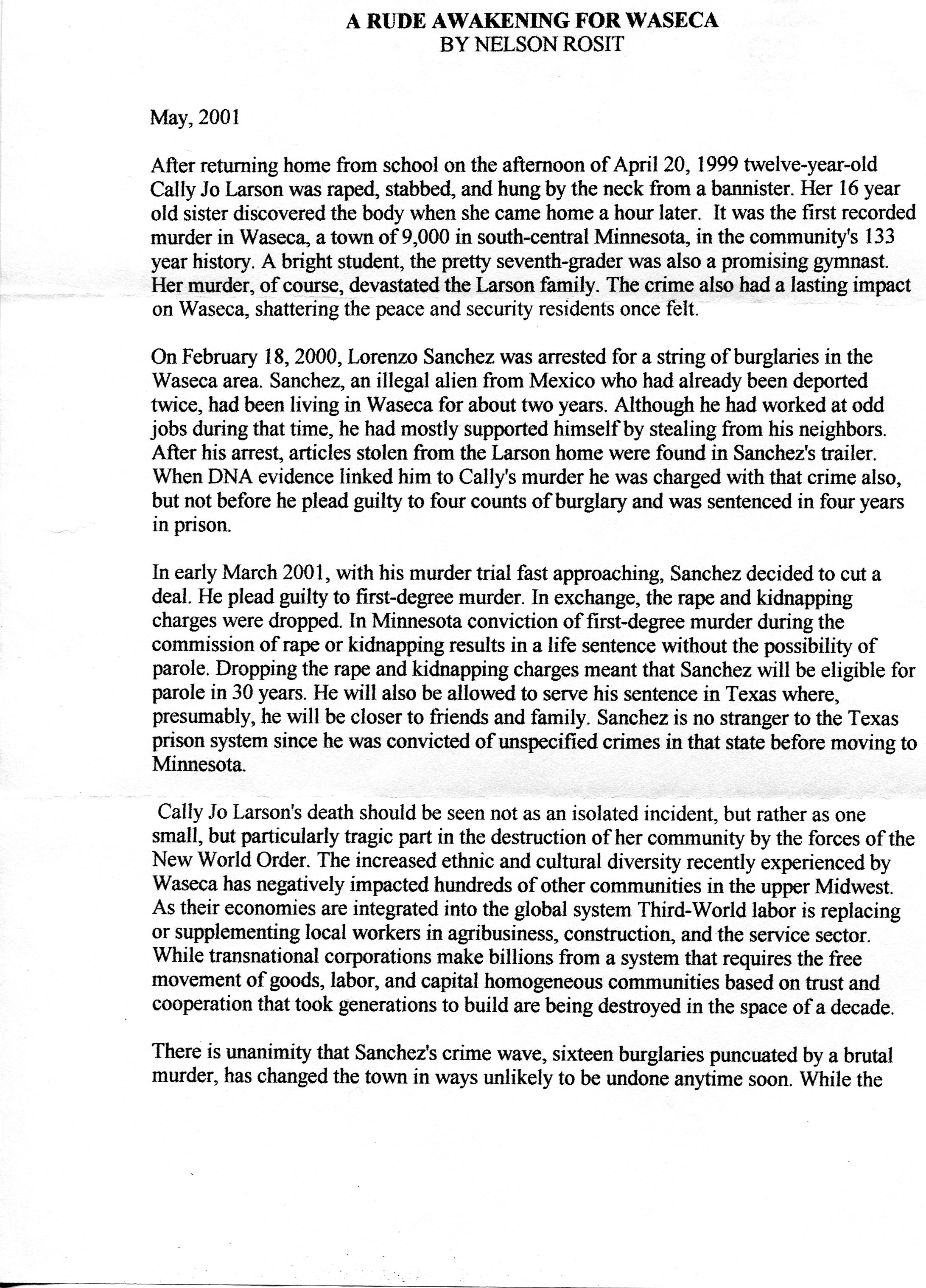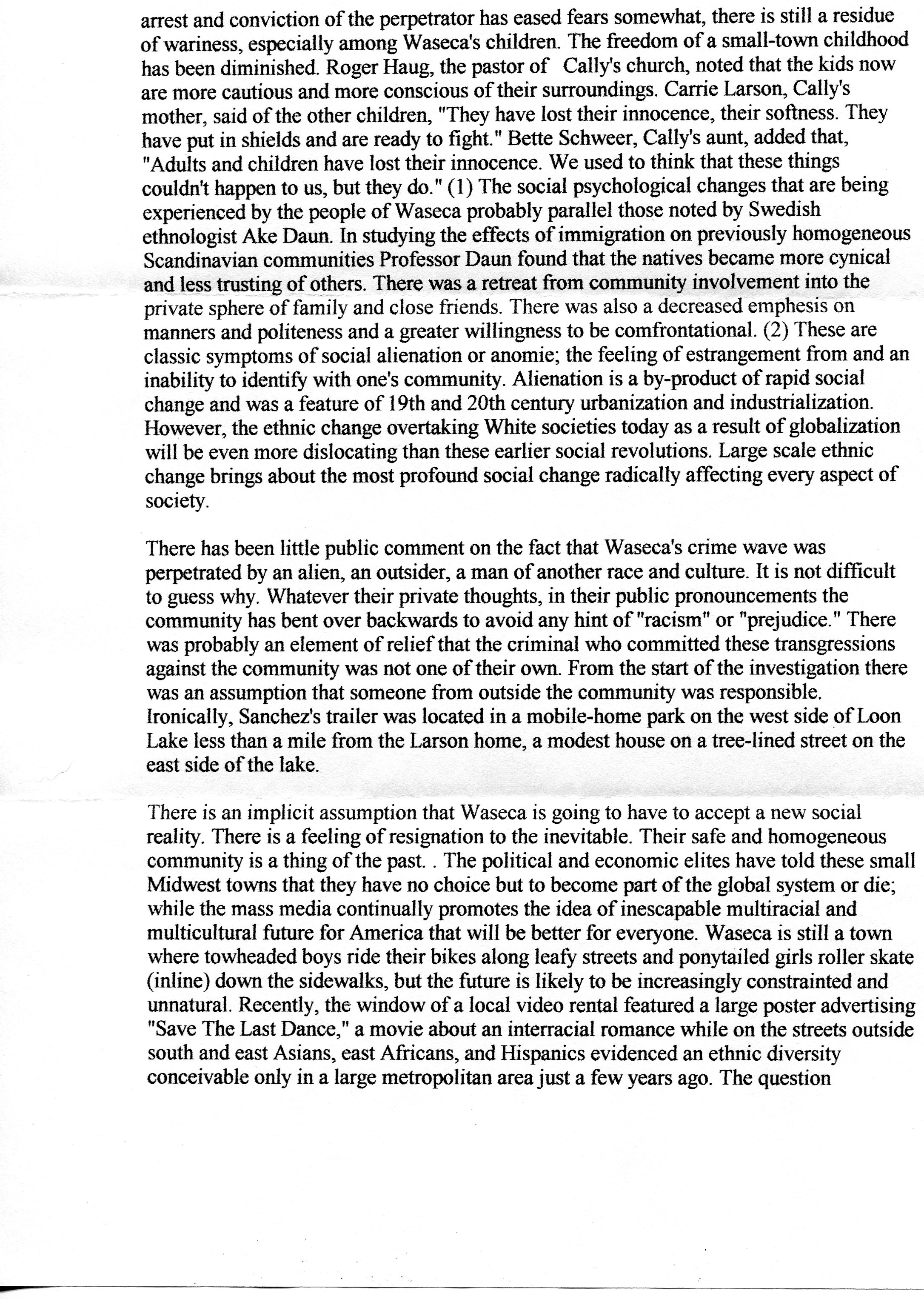The Jewish War on White Australia: Colin Tatz and the Genocide Charge—PART THREE

Professor Colin Tatz
Critiquing Australia
From his arrival in Australia in 1961, Colin Tatz quickly identified those aspects of Australian society to his extreme distaste—what he describes as the “warts, some of which I have watched grow into malignant lumps.”[1] Foremost among these, he claims, was the gap in social indicators between White Australians and the Aborigines. Australia’s indigenous population has always had the worst health, and the lowest educational, occupational, economic, and social status of any identifiable section of the Australian population. The annual report on progress in the Australian government’s strategy of “Closing the Gap” between indigenous and non-indigenous Australians has been called an “annual statement of failure, a catalogue of defeat.”
In 2015–16, $33.4 billion of Australian taxpayers’ money was spent on Aboriginal programs: $44,886 for every Aborigine in the nation. More than a thousand government initiatives seek to ameliorate the myriad manifestations of Aboriginal social and economic dysfunction. In many communities there is one service for every five residents. Wilcannia, in New South Wales, for example, had 102 funded services in 2012 for an indigenous population of 474. Despite this, Aboriginal people continue to trail other Australians in virtually all metrics including life expectancy, child mortality, health, education and employment. As journalist Grace Collier noted: “The problems are shocking but seem intractable—we feel horrified and helpless; we don’t know how to assist. Worse, no matter how much money we give, it is never enough. Thirty-three billion dollars a year goes off into the ether, never to be seen again, and nothing seems to ever improve.”
Despite the burgeoning funding of proliferating Aboriginal programs, the Aboriginal leader and activist June Oscar had the nerve to excoriate successive governments for “abandoning” their commitment to tackling Aboriginal disadvantage, and for failing to execute and adequately fund Closing the Gap. Rather than responsibility for the lack of any improvement residing with Aboriginal people themselves, Oscar maintained that failure of achieve the Closing the Gap targets measured nothing but “the collective failure of Australian governments to work together and stay the course.” Read more


















